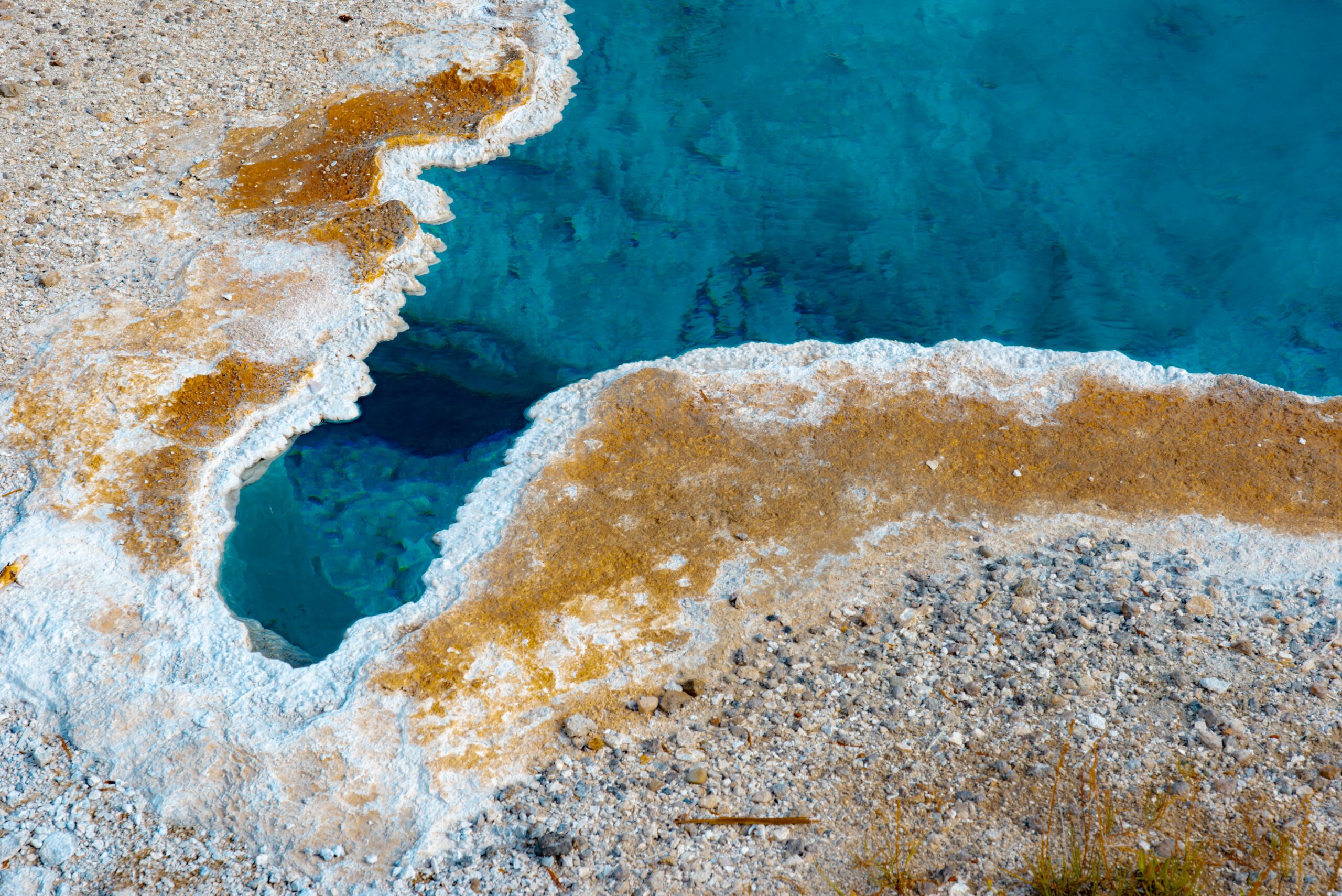
New diploma on mineral deposits
New Law on Mineral Deposits
Decree-Law 30/2021 of May 7 2021
This decree-law entered into force on the 8 of May 2021 and regulates the basic law on geological resources with regard to mineral deposits, Law no 54/2015 of June, 22.
It has taken almost 6 years to enact this long waited diploma that should open the doors to new mining tender and projects specially the long waited development of lithium projects.
Given the importance that it may represent to the extractive industry sector, in the specific case of mines, this diploma may have a very significant impact in the sector and in the extractive activity in Portugal, notably through the entry of new players that will now face clear rules governing the award of mining rights, mostly pursuant to public tender procedures.
The new diploma will not impact in existing mining rights contracts. The concession contracts in force shall be adapted to the provisions of this Decree-Law if, following the initiative of the concessionaire or by extension of the respective term of validity, they are subject to any amendments.
In addition to new mining projects, this decree-law also foresees the possibility to re-exploit economically pre-existing and deactivated mines.
What has changed?
- Public participation:
Everyone, including associations representing environmental, economic, social and cultural interests, may participate in all procedures prior to the award of assessment rights of geological resources.
Municipalities and other entities that by force of sectorial legislation shall be consulted are mandatorily consulted.
The General Directorate for Energy and Geology (DGEG) is the entity responsible for preparing these procedures, notably to set the public consultation rules and duration in the www.Participa.pt portal.
- Prior Assessment Rights of Geological Resources:
The activity of prior assessment rights of geological resources is carried out by the State and by private parties, in this latter case following the award of private use rights through an administrative contract.
The following activities are qualified as assessment of geological resources: i) Prior Assessment, ii) Prospecting and Exploration and iii) Experimental Exploitation, with increasing degrees of complexity.
The awarding of prior assessment rights is carried out at the request of the interested party.
In the case of prospection and exploration, the State may launch tender procedures for the award of these rights in a more efficient and competitive manner.
Protected areas, areas classified under an international law instrument and areas included in the Natura 2000 Network, among others, are excluded from any possible award or procedure.
- Award of Exploitation rights:
The right to the exploitation of geological resources is awarded to the holder of prior assessment, prospecting and exploration or experimental exploitation rights, whenever mineral resources have been identified.
The prospecting, exploration and use of mineral deposits can only be carried out in compliance with the so-called green mining principles.
The mining plan, to be prepared by the concessionaire and approved by the DGEG, becomes the centrepiece of the procedure, incorporating all the elements of the exploration, as well as the environmental, landscape recovery and restoration plan.
Entities in the area of the environment, nature conservation, planning and cultural heritage, intervene in all stages of the procedures for the award of private rights. The implementation of the required environmental and landscape restoration plan shall be guaranteed by financial guarantees.
All procedures prior to the award of private use rights are preceded by the referred public participation phase. It is now mandatory to proceed with public clarification sessions in each of the municipalities where the exploitation is located, organized by the party interested in the awarding of private rights. This is applicable to the awarding of exploitation concessions as well as to prospecting and research rights.
On exploitation sites, notably in the case of underground or metallic minerals resources, the DGEG may determine the setting up of a monitoring committee that will include a representative from each municipality and parish council where the exploitation is located and a representative of local or regional associations for the protection of the environment and the promotion of economic development.
It is also mandatory to install the concessionaire’s registered office in one of the municipalities where the exploitation is located, thus ensuring the local distribution of part of the income tax paid by the concessionaire. Moreover, the concessionaire is also obliged to prepare a so-called social responsibility plan. With regard to exploitation charges, a part of the royalties payable, hitherto exclusively reserved to the State, also becomes a local revenue of the municipalities involved, thus allowing an additional direct benefit of the populations affected by the mining project.
For further information please contact:
Manuel Santos Vitor ([email protected]) and Tiago Corrêa do Amaral ([email protected])



